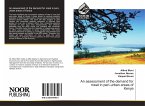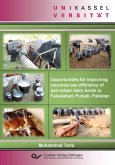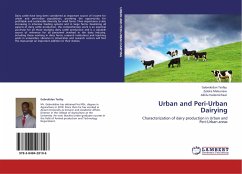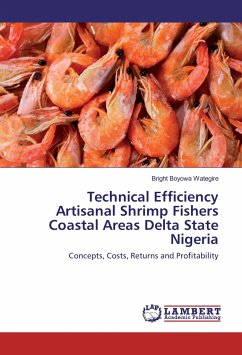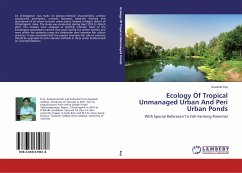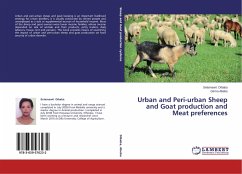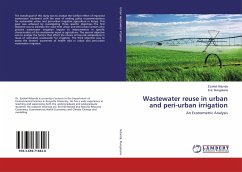Agriculture is Uganda's key economic activity, accounting for 23.6% of the Gross Domestic Product (GDP). Livestock production is an integral part of the agricultural system accounting for 20% of the agricultural GDP. Given the high productivity associated dairying, farmers have adopted modern dairying techniques. Livestock production is efficient given the available resources. Due to the increasing population pressure, coupled with high trade-off of land due to urbanization, land has become a scarce resource, thus, leading to reduced availability agricultural land. Beef became expensive, thus leaving milk as the alternative source nutrients to supplement other foods. This increased dairy products' demand, hence compelling farmers to spend resources to meet the demand. Notably, most farmers don't know how much profit accrues from dairying yet a better understanding of peri-urban dairying would enable an ecologically sustainable and economically competitive enterprise. This book avails an analysis of the profitability of dairying in Makindye Division and his should help shed light on dairying in peri-urban areas, and benefit agricultural professionals, or those wish do dairying.
Bitte wählen Sie Ihr Anliegen aus.
Rechnungen
Retourenschein anfordern
Bestellstatus
Storno


